Asda’s New Leader Sees Positive Signs in Business Recovery
The recently appointed chief of Asda has identified “green shoots” in the grocery chain’s efforts to recover from poor performance, citing improvements in product availability and reduced pricing that have helped mitigate a slowdown in quarterly sales.
Allan Leighton, executive chairman of the UK’s third-largest supermarket, remarked that while the company is progressing, it still has a “long way to go” before achieving full operational efficiency.
For the four-month period ending in April, Asda reported a 3.1 percent decline in like-for-like sales, adjusted for the Easter trading season. However, this figure shows a 1.1 percent improvement compared to the previous quarter. Total revenue, excluding fuel, dropped by 5.9 percent to £5.8 billion.
Asda noted enhancements in its sales performance in May. The Leeds-based retailer, which commands 12.1 percent of the grocery market, has been undergoing a significant turnaround under Leighton, who returned to lead the company after previously managing it in the 1990s, in an effort to boost declining sales.
Since its acquisition by private equity firm TDR Capital and the Issa brothers in a leveraged buyout deal valued at £6.8 billion in 2021, Asda has faced challenges, losing market share and accruing a net debt of £3.8 billion. Issues raised by customers have included food shortages, lack of product innovation, and unsatisfactory customer service.
According to Leighton, product availability at Asda has seen significant improvement, rising from 90 percent to 95 percent since January. The company has also focused on pricing strategies, stating that over 10,000 products are now priced at the newly established “Asda Price,” resulting in a price difference of 3 percent to 6 percent compared to traditional full-service supermarkets.
Earlier this year, Leighton outlined an investment strategy, including a “rollback” pricing tactic aimed at reducing prices, which raised concerns about potential price wars with competitors, particularly Tesco, the largest grocery chain in the UK, which warned of possible profit declines.
Leighton argued that competition is beneficial for consumers and expressed that Asda has not been actively competitive in recent times but is now engaged in the market. He asserted that Asda aims to position itself as the lowest-priced supermarket in the UK, particularly in competition with discount retailers such as Aldi and Lidl.
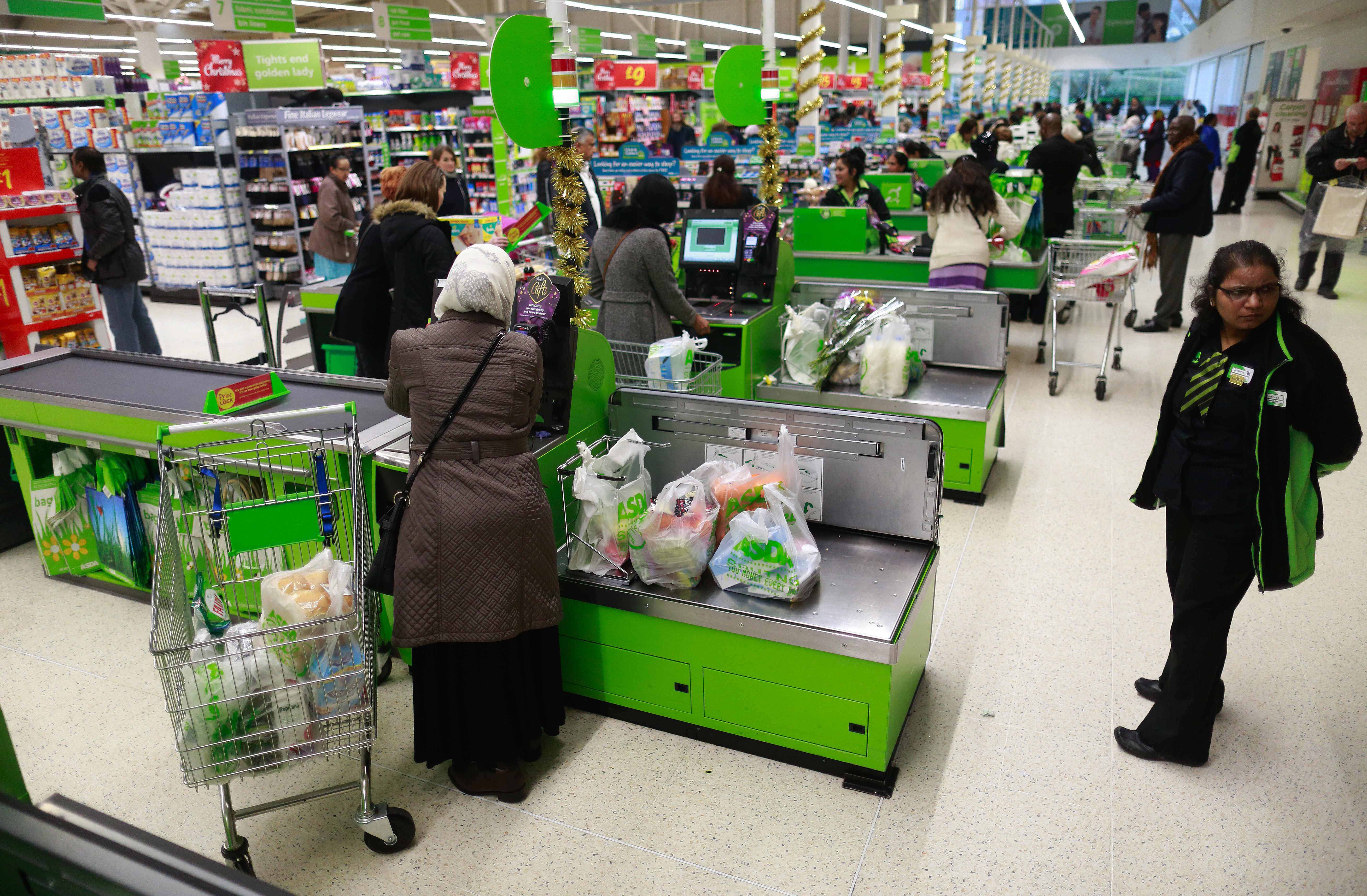
Leighton projected that the turnaround process at Asda may take three to five years. He stated, “If you do things well, they take time. If we can do it faster, we will, but we have a mid-term plan, not a short-term one.”
When questioned about whether the timeline was too lengthy, he maintained that it is never too late for recovery. He expressed satisfaction with where the company stands at this stage, noting that pricing and availability were performing as expected or slightly better.
Leighton also believes there is public support for Asda’s comeback, attributing this to the long-standing affinity that customers have for the brand.
A bright spot for Asda has been its fashion line, George, which holds a significant market share for school uniforms. Last quarter, like-for-like sales increased by 3.5 percent, outperforming the overall fashion market by 2 percent.
Additionally, the company’s Asda Express convenience stores have also surpassed market performance, with like-for-like sales rising by 6 percent after integrating 469 convenience stores and fueling stations acquired from The Co-op and EG Group.
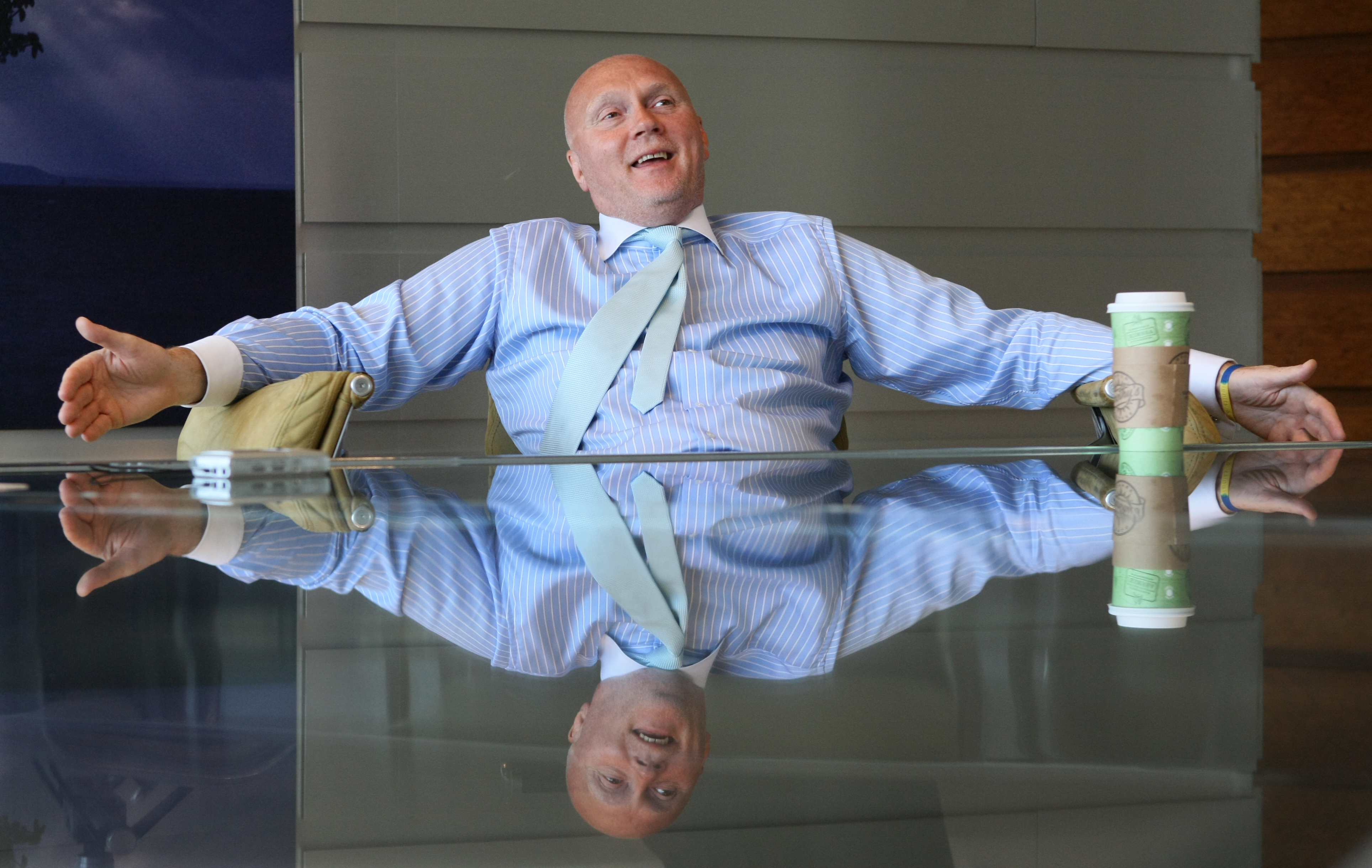
Shore Capital, an investment brokerage, commented that Asda is “stabilising,” but noted that the retailer’s trading performance remains challenging, even amidst noticeable improvements in operational standards.
Leader Defends Private Equity Ownership
Leighton asserted that Asda’s performance issues stem from inadequate turnaround strategies rather than its private equity ownership. He stated that the challenges faced by Asda are due to a lack of coherent marketplace strategies and a loss of trust among customers and staff, rather than the corporate structure.
Asda has faced criticism as a model example for those opposing private equity involvement in retail since its acquisition by TDR Capital and the Issas, similar to the backlash against Morrisons after its £7 billion buyout.
Leighton, who has vast experience in consumer businesses, claimed that the criticisms of private equity are often exaggerated and noted that TDR has provided substantial support during this transition.
Leighton previously served as CEO of Asda from 1996 to 2001, where he led significant changes that transformed the company, ultimately selling it to Walmart for £6.7 billion in 1999. He has also held leadership positions in various other prominent firms, including as chairman of BrewDog since 2021.
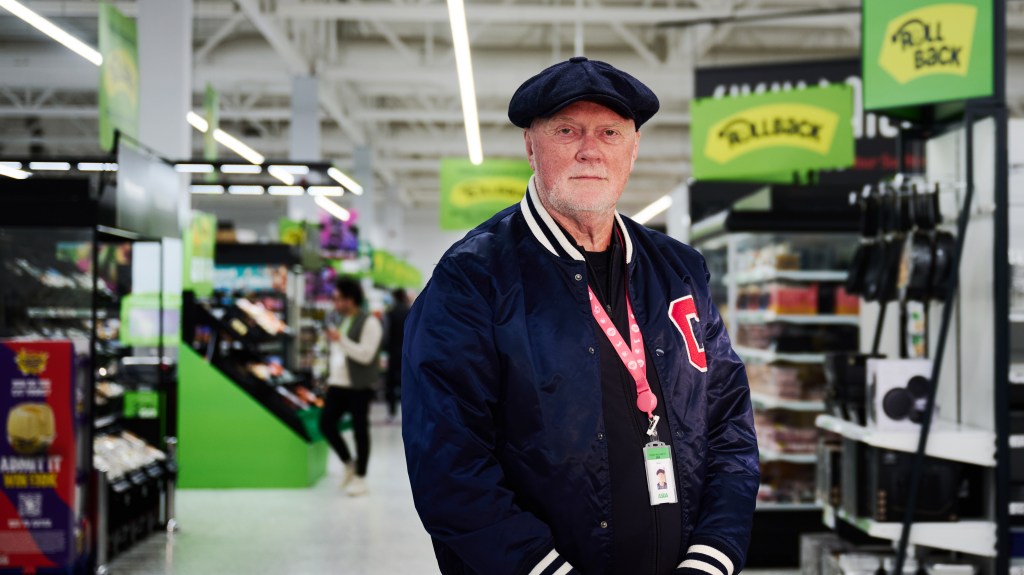

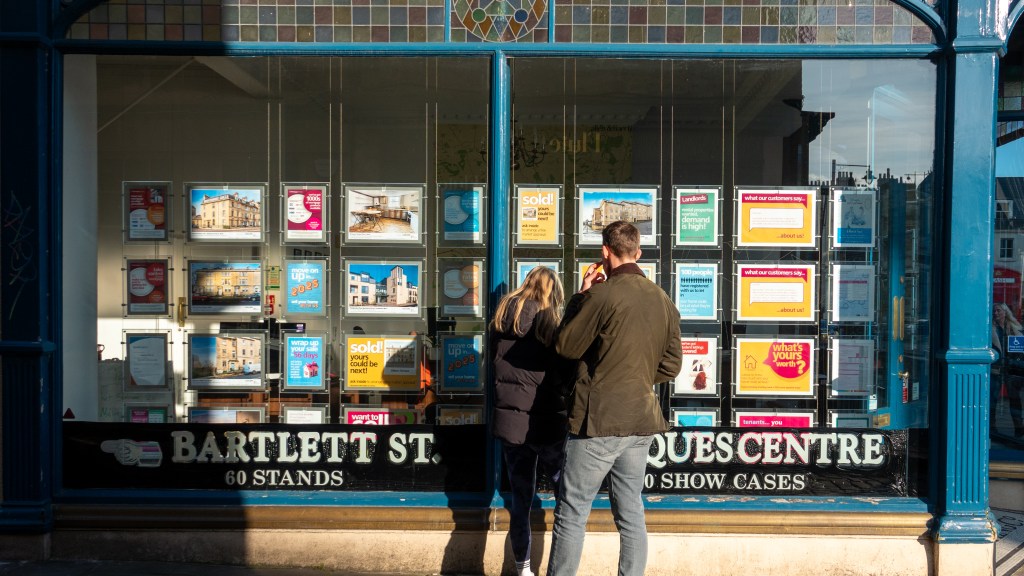
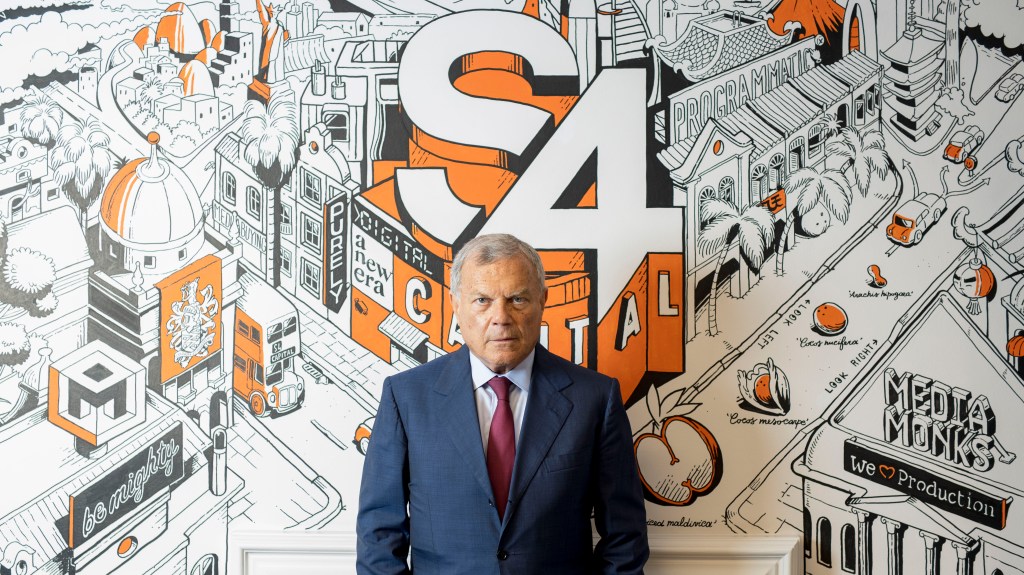
Post Comment